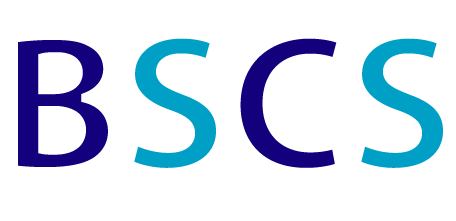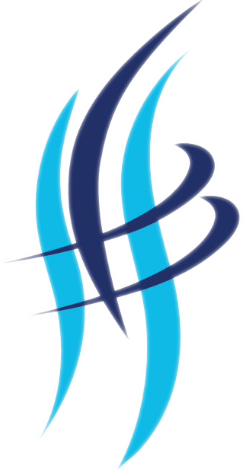SEDEX Supplier Ethical Data Exchange
SEDEX is a non-profit membership organisation dedicated to driving improvements in ethical and responsible business practices in global supply chains. Since 2004, over 30,000 organizations around the world have made this their platform of choice, making SEDEX the largest collaborative platform for sharing ethical supply chain data, thus providing an innovative and effective supply chain management solution.
Requirements of SEDEX
- Labour Standards
- Health and Safety
- The Environment
- Business Ethics
Benefits of SEDEX
- Reduce risk of non-compliance with labour laws
- Promote health and safety practices
- Meet relevant regulatory requirements and customer expectations
- Demonstrate commitment to be more environmentally friendly
- Improve organization’s reputation through documented business ethics policy
How can BSCS assist you?
We provide SEDEX management systems training and consultancy services. We offer specialized expertise and extensive practical experience to assist client in developing management systems from the initial concept to establishment and successful implementation of the management systems.
We use the following consultation approach to assist you in achieving certification:
- Identify areas requiring improvement or development within your current Management Systems
- Prepare a strategic action plan, in conjunction with your company personnel, to address those improvement areas and assist with the communication of these requirements to key personnel at all levels
- Provide system-related trainings for your company personnel to create awareness and provide them with the necessary knowledge and skills in the implementation of systems
- Provide assistance and advice on the development and implementation of systems, including preparation of documentation
- Advise and assist, if required, with the preparation and submission of applications to your certification body
- Assist with the development of internal auditing procedures and training
- Conduct internal audit to ensure the effective implementation of the management systems prior to final audit by your certification body
- Conduct Management Review Meeting to review performance of management systems and identify areas for improvement prior to final audit by your certification body

